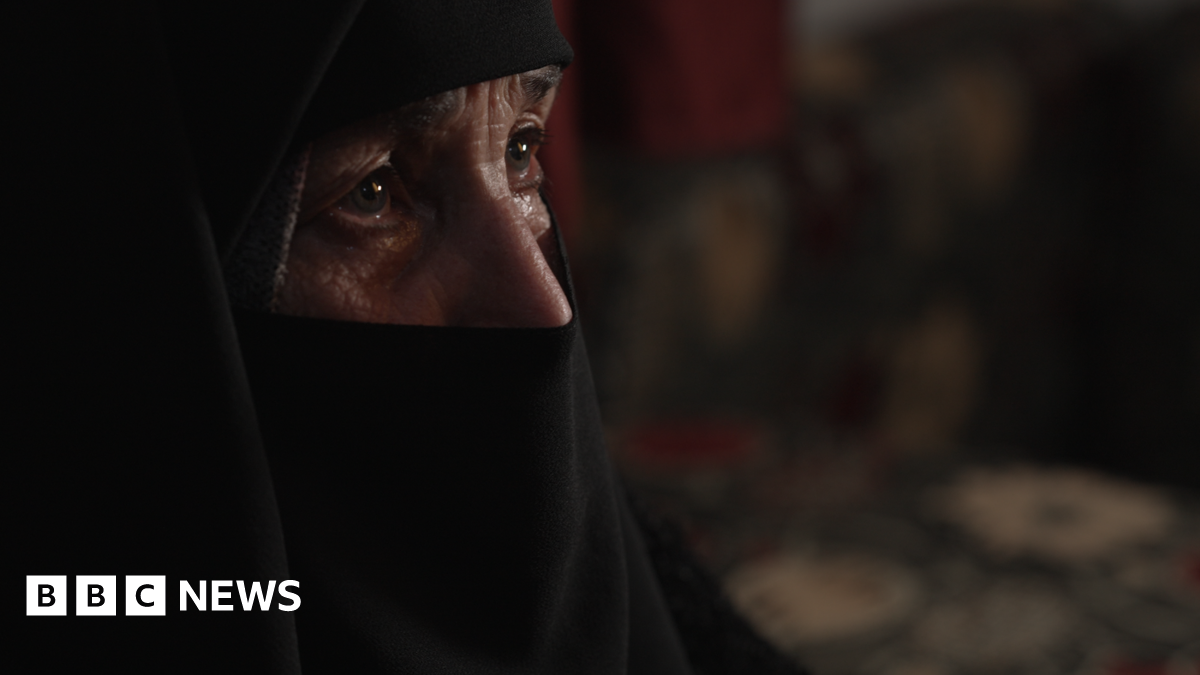One of them was Ahmed al-Awda, a poet who studied English literature at university before becoming an army officer, and then a rebel leader – now the militia leader of Deraa Province.
“You can’t imagine how happy we are,” he told me in the nearby town of Busra. “We have been crying for days. You can’t imagine what we feel. Everyone here in Syria lost family. Everyone was suffering.”
Mr Awda said he was among the first to enter Damascus on Sunday, along with HTS. The first thing he did, he added, was to go to the embassies and government buildings, to protect the people inside.
“We took many of the civilian government guys to the Four Seasons hotel, and put a very big force there to protect them,” he said.
“You know it will be a mad time, so I did my best to protect everybody there, even the government guys. I don’t want to punish them, they are Syrian.”
But he says he won’t forgive Assad so easily.
“I will do my best to bring him to judgement in court, to take his punishment, because we will not forget what he did to the Syrian people, and how he destroyed Syria.”
Assad’s departure has bestowed a fragile unity on Syria and its diverse opposition forces. But they no longer have a common enemy, and with outside powers still invested here, their differences could come under strain.
There are concerns that Syria could follow the path of Iraq and Libya and splinter into chaos.
“We saw what happened in Iraq and we refuse it,” Mr Awda said.
Assad’s forces weren’t the only ones he was fighting here over the past few years. Islamic State (IS) group cells – still scattered across the east of the country – were also a threat.

